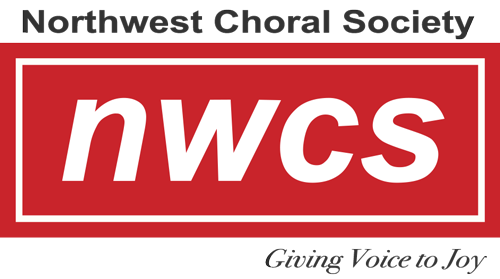In the summer of 1741 George Frederic Handel (1685-1759) received a large manuscript from Charles Jennens (1700-1773), one of the composer’s often used librettists. The manuscript contained Biblical verses that Mr. Jennens convinced Handel were worthy of musical elaboration. The result was Messiah, the most frequently performed oratorio in the English language. Mr. Jennens, a well to do scribe of modest ability, who would be all but forgotten except for Messiah, appraised Handel’s music for Messiah as “…not near so good as he might and ought to have done.”1
The delivery of that manuscript couldn’t have been better for Handel. He was in some financial difficulty and suffering from poor health after a stroke. At this low point in his career, he composed what would become his most famous and beloved piece and is probably the oldest work to remain consistently in the repertory of classical music. Unlike his operas, Messiah never needed to be revived because it never disappeared!2
Handel titled his work Messiah, not The Messiah, which gives some indication that it was different from his other sacred stories in sound2 such as Jeptha and Judas Maccabeus . He didn’t write a narrative about the birth, life, death, and resurrection of Christ, but a meditation on the idea of a Messiah. Handel’s other oratorios usually had characters and a clear narrative—Messiah does not. Soloists are used for their vocal qualities rather than to represent specific individuals and their inter-relationships.
Handel wrote most of the work after secluding himself for three weeks in August of 1741. Part of the reason Handel was able to compose this work and many others so quickly is that he often drew upon music he composed earlier. The borrowed music in Messiah come, for the most part, from Handel’s own works. For example, the music for “For unto us a Child is born” was originally written for a secular duet for two sopranos castigating “blind Cupid” and “cruel beauty.” 2 That same music seems to capture perfectly the celebratory words from Isaiah!
Handel was also an able capitalist. He understood how to use social systems and economic systems, patronage and the marketplace, popular impressions and wealthy support to enable public performances of his works.3 Shortly before writing Messiah, Handel received an invitation from the Duke of Devonshire to visit Dublin. He was asked to lead a series of concerts of his works for charitable organizations. The concerts were to feature an oratorio to be composed by Handel and performed “For the relief of the Prisoners in several Gaols, and for the support of Mercer’s Hospital in Stephen Street, and of the Charitable Infirmary on the Inn’s Quay.” There is some evidence that, not only did Handel not accept a fee, but he also persuaded the reputable soloists to perform gratis. After successful performances in Dublin, Handel announced with great fanfare, that his new oratorio would receive its premiere on April 13, 1742. He then arranged for a public rehearsal to take place the day before the premiere. As a result, hundreds of eager listeners had to be turned away from the official first performance.4
There cannot be one, authoritative version of Messiah—Handel was quick to revise, rewrite, and rework Messiah to meet the needs of a particular performer or venue. From 1742 through the early 1750’s Messiah went through numerous, often significant, changes. A standardized Messiah has evolved, but the variants offer many opportunities for exploration. 5
Messiah continues to claim a central place in the public’s affection for its rich invention, musical inspiration and an unending number of details that delight the ear, the mind and the heart.
On April 6, 1759, eight days before his death, afflicted by blindness, Handel accompanied a performance of Messiah on the organ. He was buried with the honors of state in Westminster Abbey. The performances continue…
1Lowe, S. (2005) In Seattle Symphony Program Notes George Frideric Handel Messiah. Retrieved on October 24, 2012 from
http://www.seattlesymphony.org/symphony/buy/single/programnotes.aspx?id=976&src=l
2Gibbs, C. (2006) In Philadelphia Orchestra Association Program Notes. Retrieved on October 24, 2012 from
http://www.npr.org/templates/story/story.php?storyId=6581236
3Renton, B. In Colmbia Pro Cantare Program Notes Handel’s Messiah. Retrieved on October 24, 2012 from http://www.procantare.org/images/Messiah.pdf
4Anderson, D (2010) Messiah. In Rochester Philharmonic Orchestra Program Notes. Retrieved on October 24, 2012 from
http://rpo.org/s_7/s_161/p_440/Program_Notes_-_Handel’s_Messiah/
5Foglesong, S. (November 23, 2010) In expanded version of Philharmonia Baroque, (San Francisco, Berkeley, Atherton, Stanford) December Program Notes:
Handel’s Messiah. Retrieved on October 24, 2012 from http://www.philharmonia.org/december-program-notes-handels-messiah/
